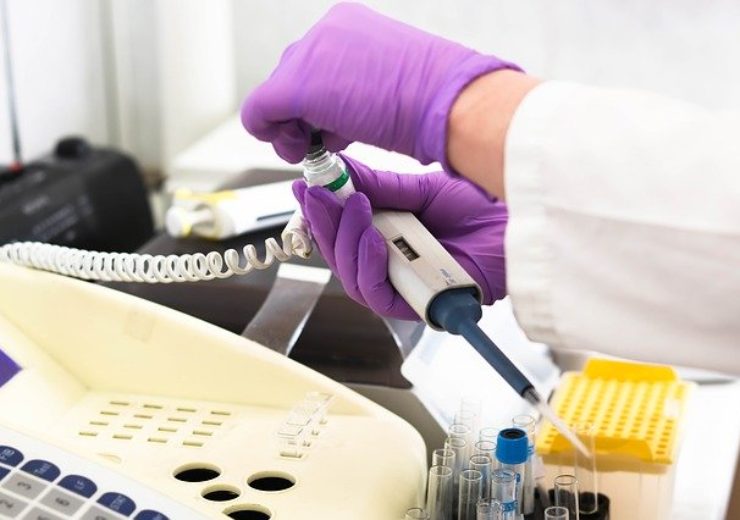INXN-4001 makes use of non-viral delivery of a constitutively expressed multigenic plasmid to express human S100A1, SDF-1α, and VEGF165 gene products

Image: Triple-Gene completes patient enrolment and dosing in Phase 1 Trial of INXN‑4001. Photo: Courtesy of Belova59 from Pixabay.
Triple-Gene, a majority owned subsidiary of Intrexon, has completed the patient enrolment and dosing in its Phase 1 trial of INXN-4001, an investigational therapeutic candidate for the treatment of heart failure.
The clinical stage cardiovascular gene therapy company said that the Phase 1 study is aimed at evaluating the safety of INXN-4001 delivered through retrograde coronary sinus infusion (RCSI).
INXN-4001 is designed for mechanical support of end-stage heart failure in patients with an implanted left ventricular assist device (LVAD).
Triple‑Gene co-founder and medical director Amit Patel said: “We are excited to have reached this important milestone in the clinical evaluation of INXN-4001 for treatment of end-stage heart failure.
“Heart failure rarely results from a single genetic defect, and while single gene therapy approaches have been studied, these treatments may not fully address the causes of the disease. Our unique multigenic approach is designed to stimulate biological activity targeting multiple points in the disease progression pathway.”
The plasmid therapy INXN-4001 is delivered through RCSI
Triple-Gene said that its investigational therapy INXN-4001 leverages non-viral delivery of a constitutively expressed multigenic plasmid to express human S100A1, SDF-1α, and VEGF165 gene products.
The gene products are said to influence the progenitor cell recruitment, angiogenesis, and calcium handling and targets the primary molecular mechanisms of pathological myocardial remodelling.
In addition, the delivery of plasmid therapy through RCSI is expected to facilitate for cardiac-specific delivery to the ventricle.
The company intends to present the preliminary data from the Phase 1 study at the American Heart Association Scientific Sessions in Philadelphia, US.
Triple-Gene medical advisory board member Timothy Henry said: “Heart failure is the leading cause of death worldwide and represents a significant and growing global health problem. Aside from heart transplant and LVAD, current treatment options for those patients with end-stage disease are limited.
“The INXN‑4001 investigational therapy represents a biologically-based method focused on repairing the multiple malfunctions of cardiomyocytes, and I look forward to seeing the results of this initial safety study and further exploring the promise of this innovative treatment approach.”
